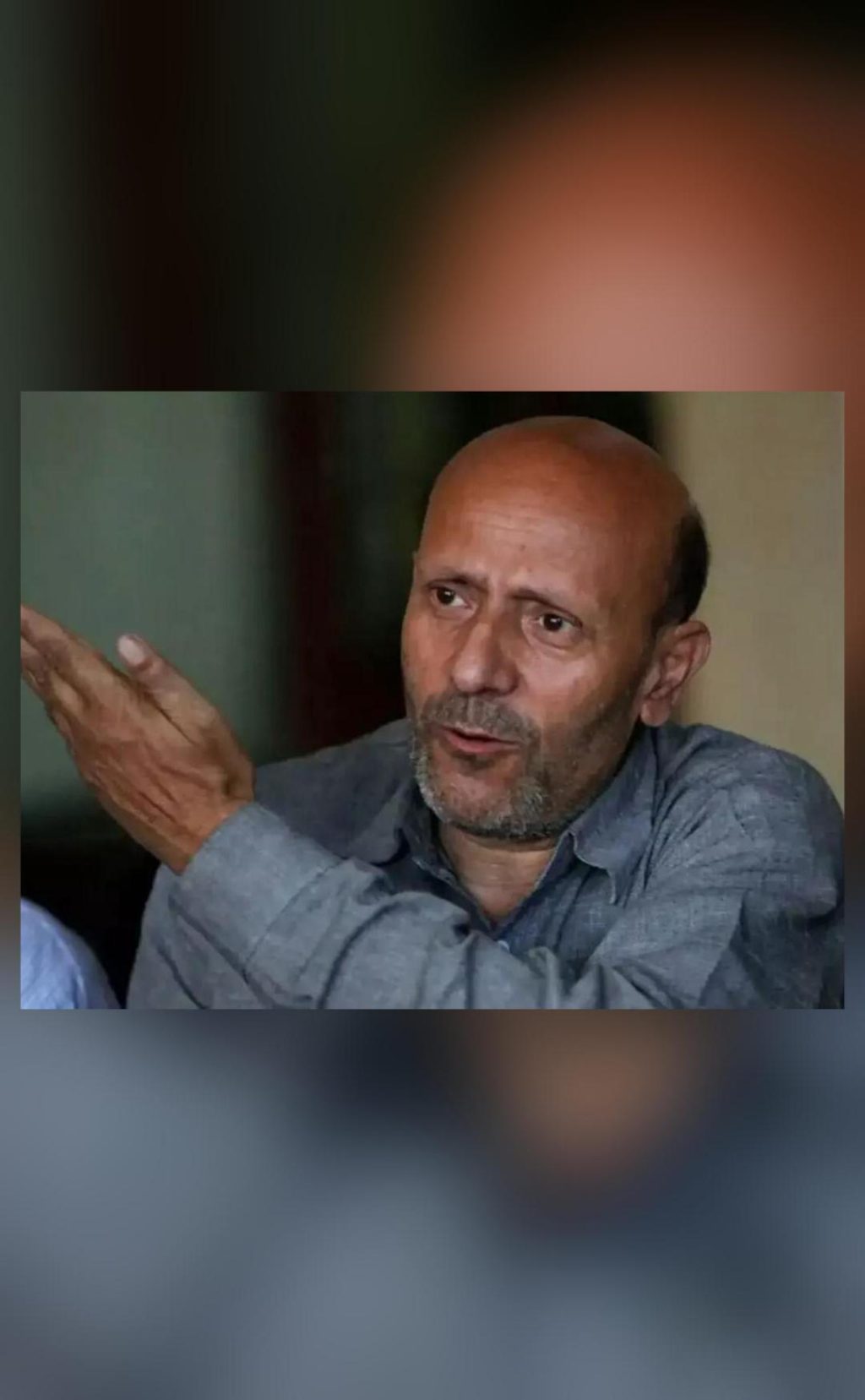
Title: Jailed J&K MP Engineer Rashid Gets Parole to Attend Parliament
The Delhi High Court has granted a two-day custody parole to jailed Baramulla MP Engineer Rashid, allowing him to attend the ongoing budget session of Parliament. This decision comes as a relief to Rashid, who has been facing trial in a terror funding case. The court imposed certain conditions on him, including a ban on using phones, the internet, and speaking to media or anyone else during his parole period.
Engineer Rashid, a prominent politician from Jammu and Kashmir, was arrested in 2017 and has been in Tihar Jail since then. He was booked under the Unlawful Activities (Prevention) Act (UAPA) for allegedly receiving funds from terror organizations. Rashid has consistently denied the allegations and claimed that he is being targeted for his political activism.
The Delhi High Court’s decision to grant Rashid a two-day parole is seen as a significant step towards ensuring that the MP can perform his duties in Parliament. The court’s order states that Rashid will be escorted by police during his parole period and will have to follow the conditions imposed by the court.
The conditions imposed by the court are aimed at ensuring that Rashid does not misuse his parole period. The ban on using phones, the internet, and speaking to media or anyone else is intended to prevent him from communicating with anyone who could influence the proceedings against him or compromise the investigation.
Rashid’s lawyer, Sumeet Gulati, welcomed the court’s decision and said that it was a major relief for his client. “The court has recognized Engineer Rashid’s right to attend Parliament and has granted him a two-day parole,” Gulati said. “We are happy that the court has taken into account the importance of his role as an MP and has allowed him to perform his duties.”
The Delhi High Court’s decision is likely to have significant implications for Rashid’s case. The court’s willingness to grant him a parole suggests that it is taking a sympathetic view of his situation and is willing to consider his right to attend Parliament. This could potentially pave the way for Rashid to seek a more lenient sentence or even an acquittal if the court finds that he is not guilty of the charges leveled against him.
Rashid’s case has been widely followed in the media and has sparked intense debate about the role of politicians in Jammu and Kashmir. Some have argued that Rashid’s arrest and trial are part of a larger crackdown on political dissent in the region, while others have accused him of being a terrorist sympathizer.
Regardless of one’s views on Rashid’s case, it is clear that his arrest and trial have had a significant impact on the political landscape of Jammu and Kashmir. Rashid’s detention has been seen as a blow to the political opposition in the region, which has been weakened by a series of arrests and detentions in recent years.
The Delhi High Court’s decision to grant Rashid a parole is a significant step towards ensuring that he can continue to perform his duties as an MP. It is also a reminder of the importance of upholding the rights of politicians and ensuring that they are able to carry out their duties without interference.
In conclusion, the Delhi High Court’s decision to grant Engineer Rashid a two-day custody parole to attend Parliament is a significant development in his case. The court’s willingness to recognize his right to attend Parliament and its imposition of conditions on him are aimed at ensuring that he does not misuse his parole period. The implications of this decision are likely to be significant, and it remains to be seen how it will impact Rashid’s case and the political landscape of Jammu and Kashmir.






